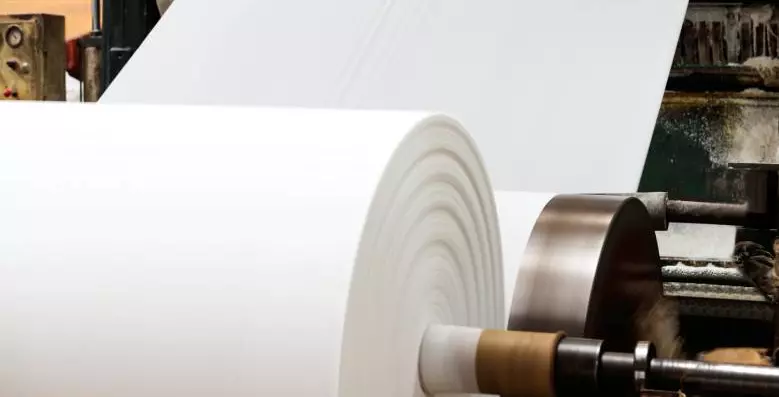Ecology, cost control, etc. Challenges facing the pulp and paper industry
As living standards rise around the world, paper is increasingly being used for personal hygiene products, including tissues, toilet paper, and baby wipes. Similarly, the exponential growth of e-commerce is driving a mounting need for more cardboard and paper packaging, a promising development for paper and cardboard manufacturers.
A major consumer of water, energy and chemicals, the pulp and paper industry needs to drastically reduce its environmental impact. Protecting natural resources goes hand in hand with improving economic performance. This might involve innovative solutions for water treatment, cogeneration using biomass as fuel, or the recovery of production by-products for use on-site or externally, creating local circular economy loops between industrial companies.

The pulp and paper industry consumes 40% of all wood used by manufacturers worldwide (source: WWF)
Our solutions for making the pulp and paper industry more productive and cleaner
We lower costs and increase production, by recycling all wastewater to reduce water bills. For example, at the Schoellershammer site in Düren, Germany, we supply a complete service that includes design, construction, financing and maintenance for an anaerobic effluent treatment system. A portion of the treated effluent is then used in the paper-making process and the biogas is recovered to produce electricity.
We ensure industrial continuity by optimizing energy supplies. For example, in South Korea we guarantee the safety and uninterrupted supply of the boiler that supplies Hongwon Paper’s Pyeongtaek plant. Our work has delivered a 3% increase in output.
We comply with all local regulations, designing comprehensive water management strategies. For example, in Thailand, working with SCG Packaging, we have put in place a water agenda to predict changes in production and mitigate future risks, particularly the tightening-up of local regulations.
We recover by-products, helping to reduce the ecological footprint of our customers. For example, for Fibria, in Brazil, we convert post-production mineral waste into products for correcting soil acidity.
To find out more:
discover our solutions by sector
How can industrial companies reduce their environmental impact while also addressing the specific constraints that apply to their activity? We offer solutions for every sector:
- Automotive: driving to a greener future
- Food: optimizing production efficiency while limiting the environmental impact
- University campuses: increasing attractiveness via additional services
- Pooling resources at industrial parks: What’s involved?
- Industrial cooling circuits


